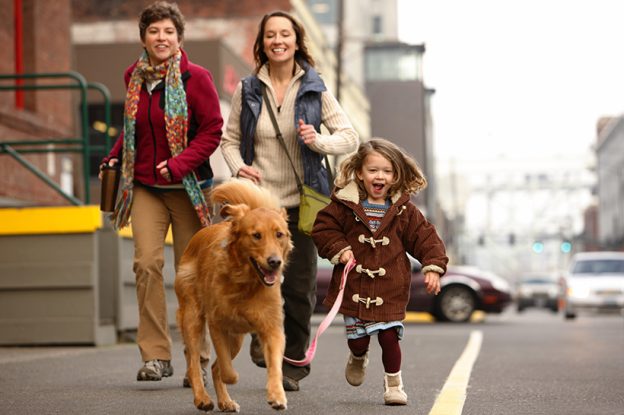
COVID-19 severity associated with air pollution from non-freeway traffic
A study of Kaiser Permanente Southern California members diagnosed with COVID-19 found that patients who had recently lived in areas with higher levels of air pollution from non-freeway roadways had a higher risk of severe COVID-19 outcomes.
“Our analysis suggests that traffic-related air pollution may be a contributor to the severity of COVID-19,” said the study’s senior author Anny H. Xiang, PhD, MS, director of the Division of Biostatistics Research at the Kaiser Permanente Southern California Department of Research & Evaluation.
The new research, published in the journal Environment International, adds to a growing body of evidence suggesting that roadway air pollution may be detrimental for human health. It also draws new attention to the importance of non-freeway sources of roadway air pollution, such as neighborhood streets and major roads with many stoplights.
Harnessing high-resolution data
Previous research has suggested that air pollution, in general, contributes to COVID-19 severity, but few studies had specifically investigated traffic-related air pollution—and none had addressed traffic-related air pollution with individual patients.
To get a clearer picture, Dr. Xiang and her colleagues first obtained individual patients’ residential address history from the electronic health records of more than 70,000 Kaiser Permanente Southern California members who were diagnosed with COVID-19 from March through August 2020.
They ran the addresses through a high-resolution model of roadway air pollution to estimate each patient’s exposure over the year before their COVID-19 diagnosis. The model, known as the California Line Source Dispersion Model (CALINE4), integrates weather, amount of traffic, and types of vehicle emissions in order to estimate traffic-related air pollution exposure for a given address.
Finally, the researchers examined statistical links between each patient’s exposure estimates and the severity of their COVID-19.
They found that patients exposed to higher levels of air pollution from non-freeway roads were more likely to have received intensive respiratory support, been admitted to an intensive care unit, or died due to COVID-19. However, they were not significantly more likely to have been admitted to a hospital for COVID-19.
These results account for other factors that could affect COVID-19 severity, including chronic diseases, socioeconomic characteristics, and exposure to regional air pollutants. “So, our findings highlight traffic-related air pollution as a separate and important factor associated with COVID-19 severity for all patients,” Dr. Xiang said.
However, the analysis did not show a significantly elevated risk of COVID-19 severity for people with greater exposure to air pollution from freeways.
“This does not mean that freeway sources are not important,” Dr. Xiang said. “More research is needed, but it could be that we did not capture associations with freeway pollution because few people in the region we studied live near freeways.”
Additionally, Dr. Xiang noted, air pollution from freeways may have a different chemical composition from non-freeway air pollution due to different proportions of vehicle types and different patterns of braking, which releases pollutants from brake pads and tire wear. Thus, these two sources of roadway air pollution could have different biological effects.
Masks protect against roadway air pollution
“Associations don’t prove causation, but this study shows a fairly strong association that adds to the data demonstrating the detrimental effects of air pollution on people and the planet,” said Robert S. Zeiger, MD, PhD, an adjunct investigator with the Department of Research & Evaluation, who was not involved in the study.
Dr. Zeiger said that he would already advise many patients to use freely available websites or apps to keep track of local air pollution levels, and stay inside or wear an appropriate mask if the Air Quality Index goes over 50.
“These new findings extend that to some degree by highlighting that you don’t need to have comorbidities, such as cardiometabolic conditions, in order for roadway air pollution to potentially impact your COVID-19 severity,” he said.
Further research will be needed to confirm the effects of roadway air pollution on COVID-19 severity and explore the mechanisms underlying these effects. For instance, traffic-related air pollution is known to boost systemic inflammation, which may be involved in severe COVID-19. Future research could also focus on regions where more people live closer to freeways.
This study was funded by a grant from the National Institutes of Health that supports research into links between air pollution and many other aspects of health, including child development.
“We all breathe air, and we’re all exposed to air pollution,” Dr. Xiang said. “So, it’s very important to better understand how air pollution affects all health outcomes, including outcomes of COVID-19.”





